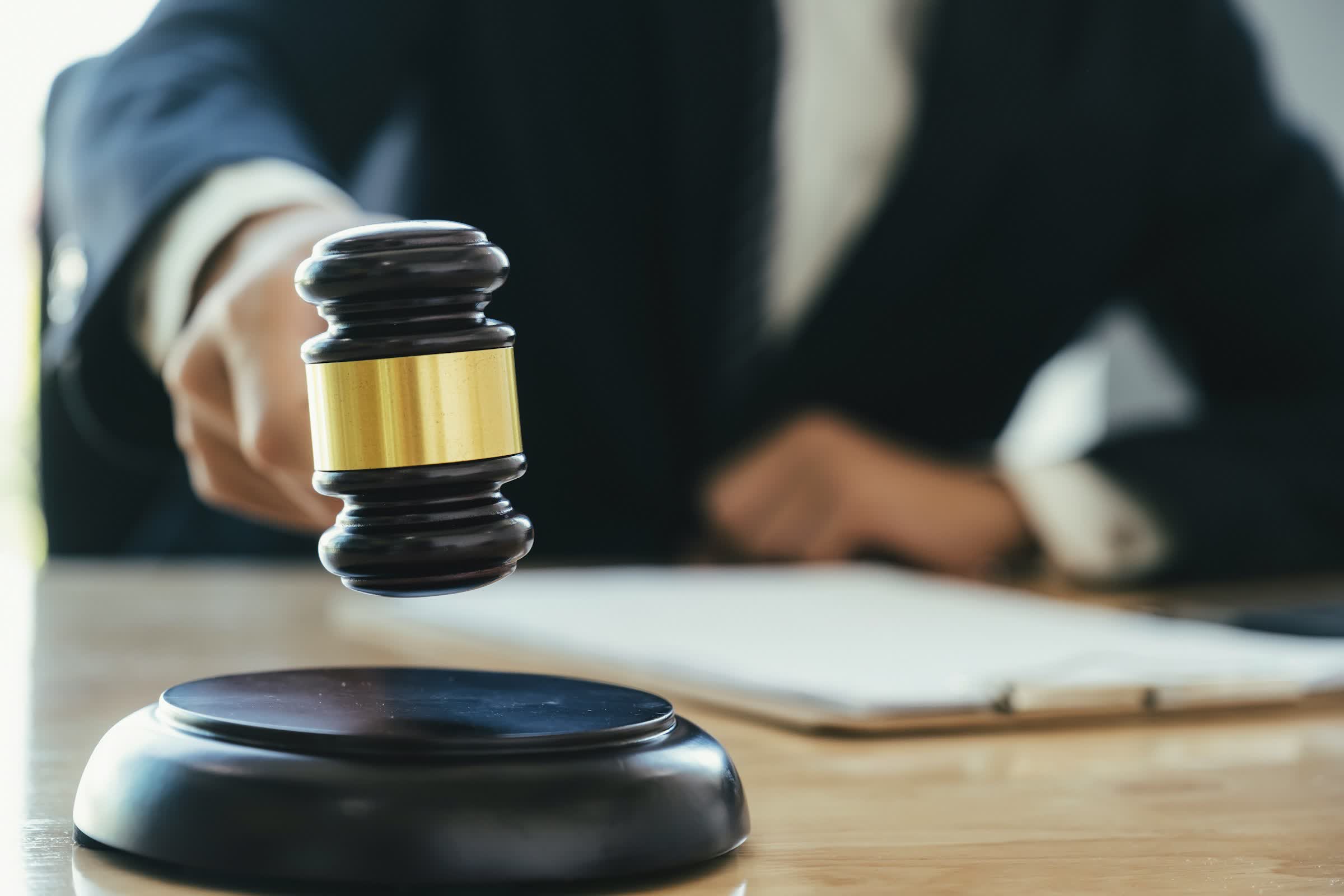Facepalm: There has been yet another case of a lawyer being punished over the use of ChatGPT in a filing that references a nonexistent case. The Utah Court of Appeals has now sanctioned Richard Bednar over the false citations.
According to the court documents, which were seen by ABC4, Bednar and Douglas Durbano, another lawyer who was serving as the petitioner's counsel, filed a "timely petition for interlocutory appeal."
The respondent's counsel reviewed the brief, which was written by a law clerk, and discovered that it referenced several cases that were incorrect or did not exist.
"It appears that at least some portions of the Petition may be AI-generated, including citations and even quotations to at least one case that does not appear to exist in any legal database (and could only be found in ChatGPT) and references to cases that are wholly unrelated to the referenced subject matter," the respondent's counsel wrote in the documents.
The case being referenced, "Royer v. Nelson," did not exist in any legal database – it was another instance of a ChatGPT hallucination.

Bednar said he was not aware that OpenAI's chatbot was used until the fake citations were discovered, at which point he acknowledged the errors and apologized. He also offered to pay attorney fees incurred by the response to "make amends."
Bednar and his attorney told the court of appeals that the brief had been prepared by an unlicensed law clerk. Bednar admitted that he had not checked the brief's accuracy before he signed it and filed it with the court.
Bednar was not personally responsible for using ChatGPT. He said the clerk responsible had previously been licensed and was a law school graduate. The clerk has since been terminated from the firm.
The Utah Court of Appeals didn't say that generative AI should never be used in legal proceedings, calling it a "research tool that will continue to evolve with advances in technology." But it did emphasize that every attorney has a duty to review what it produces and ensure the accuracy of court filings.
While the court appreciated Bednar's acknowledgment, it still needed to place sanctions. He was ordered to cover the respondent's attorney fees for the petition and hearing, reimburse their client for the time spent preparing and attending the hearing, and make a $1,000 donation to the Utah-based legal nonprofit And Justice for All.
There have been cases of legal practitioners being fined for citing fake cases hallucinated by ChatGPT since 2023, when two lawyers and their law firm were fined $5,000 for their actions. Despite the risks, numerous other cases have occurred since then. One of the more recent incidents resulted in a $15,000 fine for the attorney responsible.
